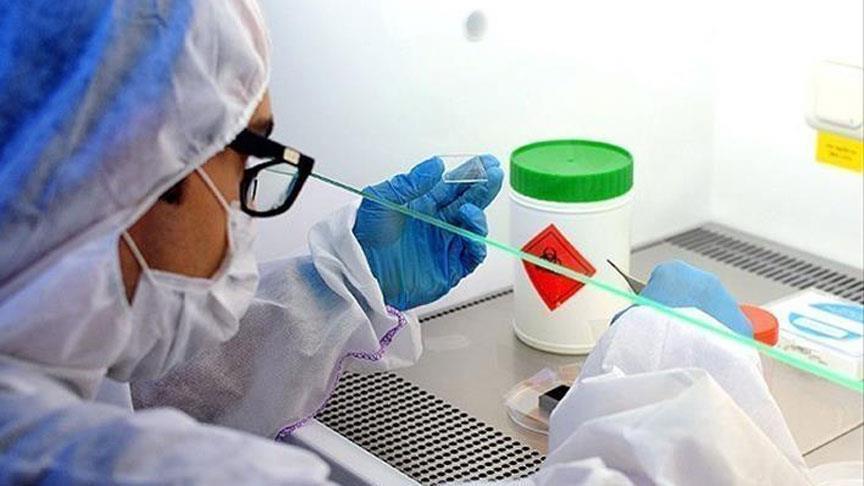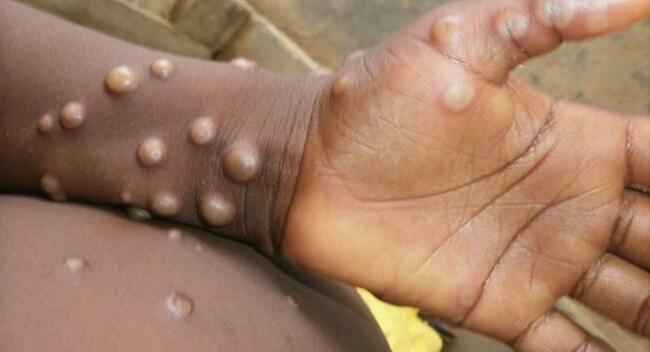US scientists believe they have identified a new gene mutation that can raise the risk of ovarian cancer, and is passed from father to daughter.
Axar.az reports citing BBC.
It is inherited through the X-chromosome and is independent of other known susceptibility genes that women can already be tested for.
Experts say more studies are needed to confirm the identity and function of the gene.
The latest findings appear in the journal PLoS Genetics.
Family risk
Currently, women with a strong family history of cancer can be tested for the BRCA gene, which greatly increases a woman's chance of developing breast cancer and ovarian cancer.
Angelina Jolie inherited BRCA1 from her mother - she had preventative surgery after her doctors estimated she had an 87% risk of breast cancer and a 50% risk of ovarian cancer.
But researchers believe there may be many other cases of seemingly sporadic ovarian cancer that are actually inherited - some via the X chromosome girls get from their father.
Men pass on one X chromosome to their daughters.
Dr Kevin Eng and colleagues at the Roswell Park Cancer Institute honed in on one suspect gene, called MAGEC3, located on the X chromosome from fathers.
Ovarian cancers linked to genes inherited from the father (and paternal grandmother) had an earlier age-of-onset than ones linked to maternal genes, and were also associated with higher rates of prostate cancer in fathers and sons.
Lead author Kevin Eng from the Roswell Park Comprehensive Cancer Centre in Buffalo, New York said: "What we have to do next is make sure we have the right gene by sequencing more families. This finding has sparked a lot of discussion within our group about how to find these X-linked families.
"It's an all-or-none kind of pattern: A family with three daughters who all have ovarian cancer is more likely to be driven by inherited X mutations than by BRCA mutations."
Dr Catherine Pickworth from Cancer Research UK said: "This research suggests that some women's risk of ovarian cancer could be passed down through their father's family, as well as their mother's, due to newly discovered faulty genes.
"In future, this could help women with a family history of ovarian cancer better understand their risk of developing the disease. This is important because ovarian cancer is often diagnosed at a late stage when it's harder to treat. Further work is now needed to get a clearer picture of how the genetic faults uncovered in this research might affect inherited risk of ovarian cancer."
Annwen Jones, Chief Executive of Target Ovarian Cancer, said: "These findings, if borne out by further research, would represent a significant step forward in ovarian cancer prevention, saving thousands of lives".























































